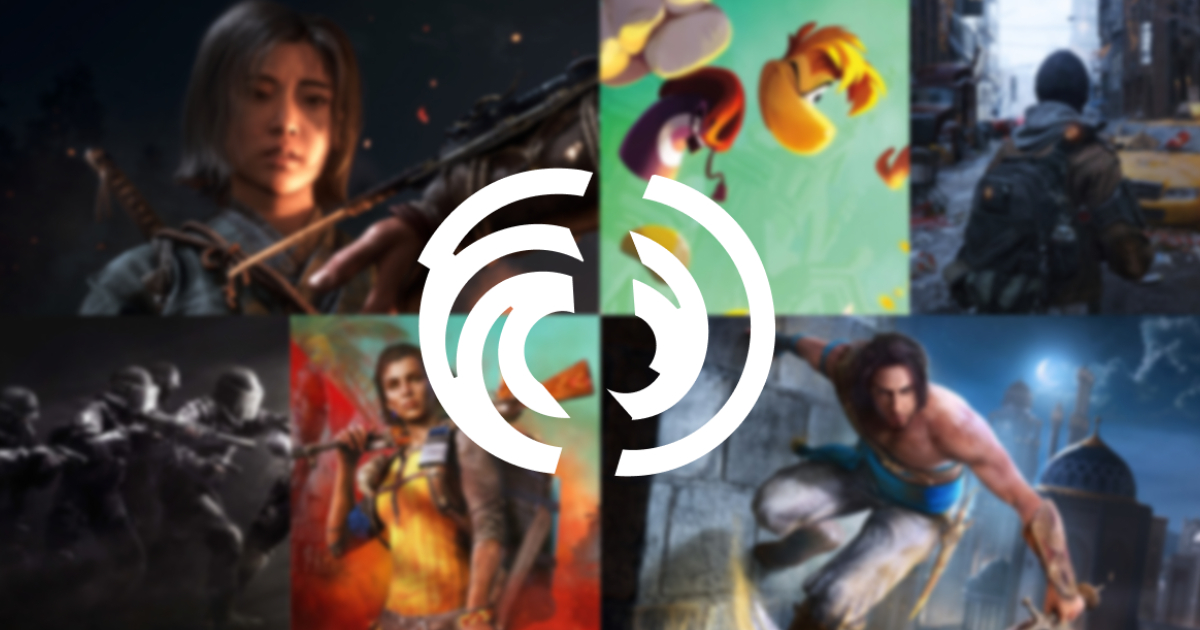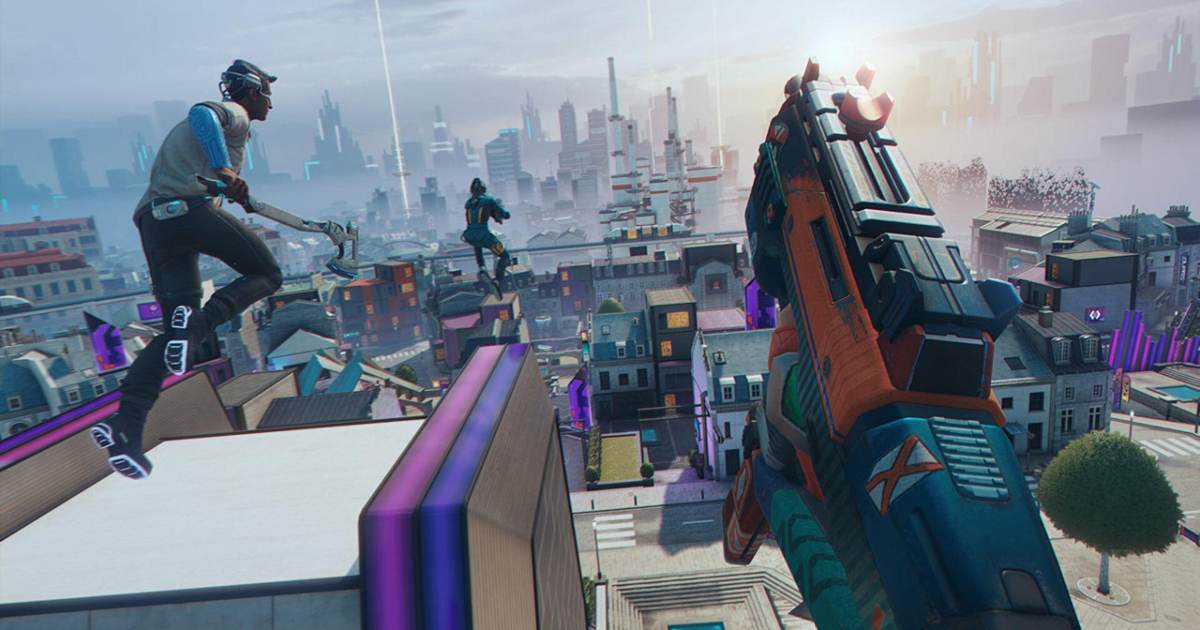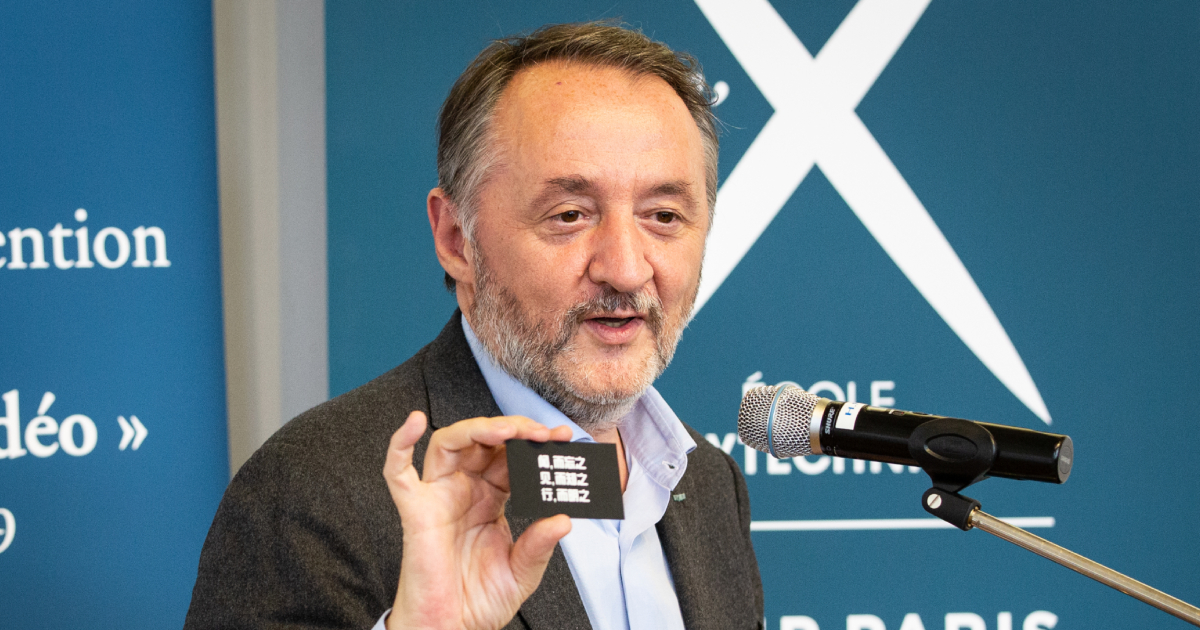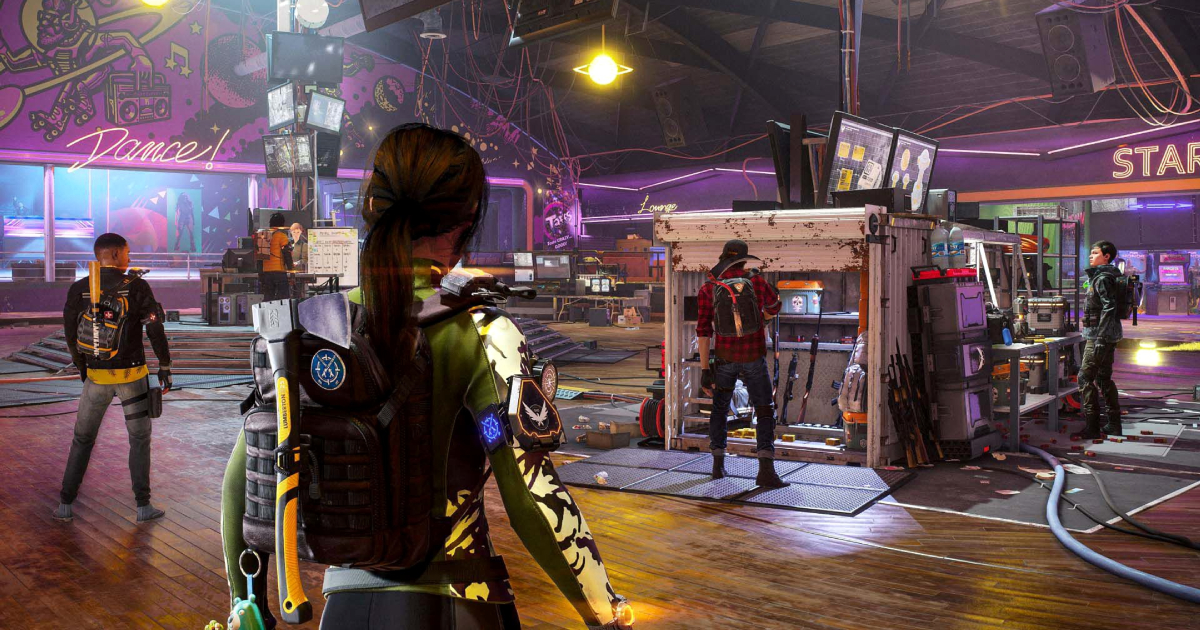Today, Ubisoft, once the largest gaming company in Europe by market capitalization, finds itself at a crossroads. To better understand the causes of the crisis, we provide a detailed chronology of events from recent years. In short, a single deal with Tencent is unlikely to resolve the accumulated issues.
Contents:
- Reasons for Ubisoft's Financial Problems
- Chronology of Ubisoft's Financial Crisis
- Deal with Tencent Alarmed Investors: What the New Chapter at Ubisoft Holds
Reasons for Ubisoft's Financial Problems
Before moving on to the analysis of current events, it is worth summarizing the key decisions and mistakes that led the company into a dead end.
- Overstaffed Workforce — During its expansion era, Ubisoft was renowned for its extensive structure, making games with the help of dozens of teams worldwide. Over three years, from March 31, 2018, to March 31, 2021, the company's staff nearly doubled — from 11.7 thousand to 20.3 thousand people. Managing such an empire became increasingly difficult, and in the post-pandemic "hangover" and internal problems, management had to resort to layoffs and more radical measures.
- Desperate Chase for Trends — Over the past five years, Ubisoft leadership has failed in every new direction. Attempts to ride the fleeting hype of NFTs and blockchain games proved disastrous, as did plans to enter the mobile market and create their own multi-billion-dollar live-service. It is rumored that by early 2022, the company was working on 12 battle royales simultaneously — despite the failure of Hyper Scape.
Hyper Scape, one of Ubisoft's unsuccessful experiments in the games-as-services segment
- Unhealthy Work Environment — In July 2020, several Ubisoft employees were accused of inappropriate behavior. As a result, several executives left the company or were fired. Despite the reshuffle, over the following year, corporate culture did not improve, and harassment continued in certain branches.
- Loss of an Experienced Creative Leader — A key moment was the departure of Serge Hascoët, who had been with the company since 1988. Leaving aside his inappropriate behavior (in 2023, he was questioned by the French police, and a trial for sexual harassment is forthcoming), he was responsible for the creative oversight of all Ubisoft’s key releases for 20 years. The "editorial department" he created controlled the company's pipeline and delivered a successful formula for open-world games.
Serge Hascoët (photo: École polytechnique)
- Radical Change in Creative Approach — Serge was succeeded by Riders Republic creative director Igor Manceau. He held this position for less than a year and a half and eventually left the gaming industry. In October 2022, Ubisoft abandoned the centralized management system in favor of creating a "Global Creative Office." This new department was split into several directions tailored to specific Ubisoft segments and audiences. The office was headed by former The Coalition design director Katie Scott, who took on the role amid ongoing restructuring.
Katie Scott (photo: Ubisoft)
- Production Hell — Management problems escalated into chaotic shifts in creative visions for individual projects throughout the development cycles and frequent delays of key games. Among the most notoriously known cases are Skull and Bones (11 years in production, failed launch) and Beyond Good and Evil 2 (in various stages of development for over 15 years and at risk of never releasing).
- Team Burnout — Amid accumulated problems, business instability, and leadership errors, rank-and-file employees feel demotivated and insecure. Experienced developers increasingly leave the company, while the remaining veterans have less creative control and freedom.
- Ignoring Own IPs — On paper, Ubisoft boasts one of the most impressive portfolios in the market. However, instead of systematically developing existing IPs, the company began working on titles under external licenses (Star Wars, Avatar) and spent millions on experimental spin-offs like extraction shooters from The Division franchise (game canceled) and Far Cry (development relaunched in March after two years).
- Loss of Audience Trust — A series of failed releases, broken production chains, a focus on service elements, and poor communication with players ultimately damaged the Ubisoft brand. The company reconsidered its policy only amid the potential failure of Assassin’s Creed Shadows, deciding to refine the game and, for the first time in a while, turning towards the audience in monetization and release strategies.
The Division Heartland, canceled free-to-play spin-off of the series
Chronology of Ubisoft's Financial Crisis
January 2023 --------------------------------------------------------------------
Start of Restructuring
On January 11, Ubisoft announced a review of its financial strategy amid the general crisis in the gaming industry and accumulated internal issues. The main reason was the lack of tangible results from long-term investments in game services and new titles from successful franchises.
XDefiant got stuck in production, Skull and Bones was delayed yet again, and the release of the next major Assassin’s Creed installment was — as it turned out — more than two years away. Additionally, all recent releases, including Mario + Rabbids Sparks of Hope and Just Dance 2023, failed to meet the publisher's expectations.
Ubisoft CEO Yves Guillemot announced three key measures to overcome the crisis:






